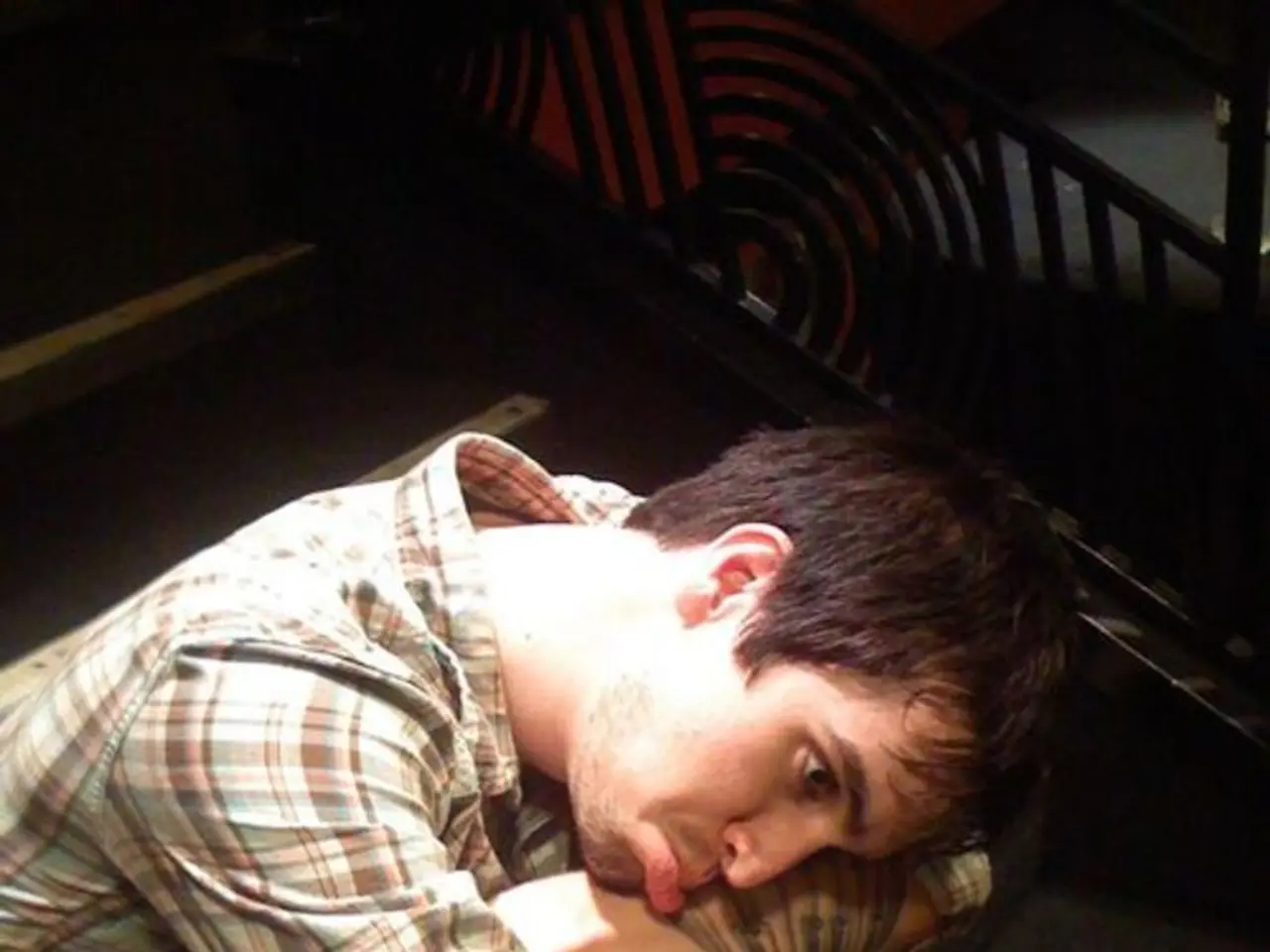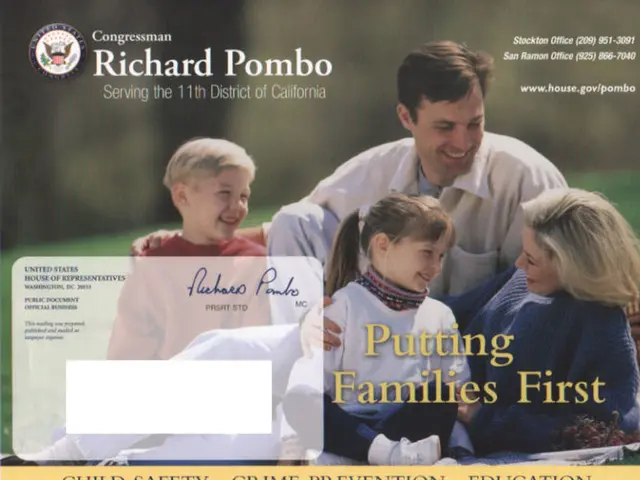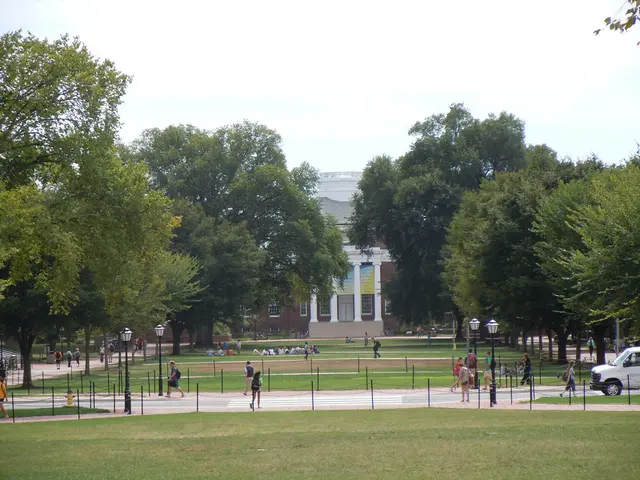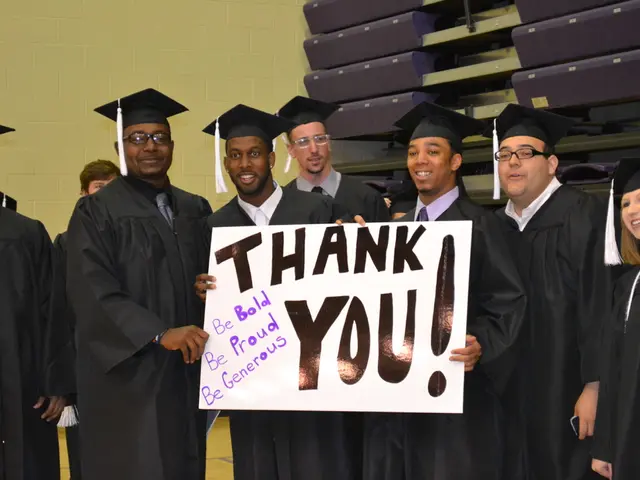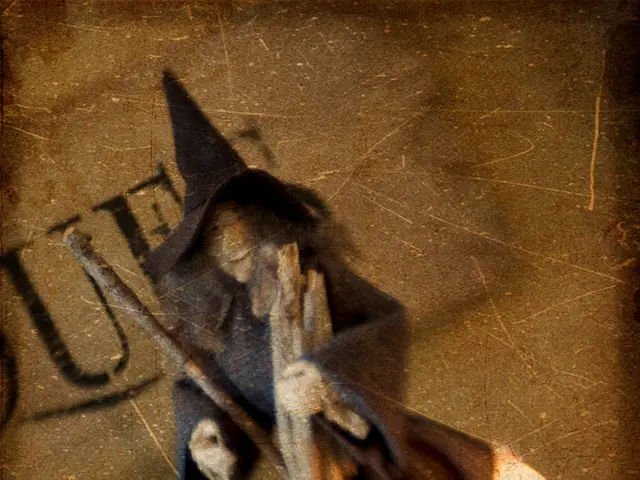Feeling melancholic over the demise of a celebrity, despite lacking a personal connection.
When a beloved celebrity passes away, it's not uncommon for fans to feel a deep sense of loss. This emotion, known as parasocial grief, stems from the one-sided, emotionally intense bonds we form with celebrities, often through their media presence, stories, or performances.
Parasocial relationships are real and personal to many fans, and the death of a celebrity can create a sense of loss similar to losing someone they actually knew. Psychologically, this happens because humans are wired to form social bonds, and parasocial relationships fulfill a need for connection, companionship, and role modeling, even though they are asymmetric and non-reciprocal.
Intense Emotional Responses
Responses to celebrity deaths in parasocial grief can be intense. Fans may experience feelings akin to traditional grief such as sadness, loss, and mourning. Studies and psychological commentators note that these feelings may be nearly as palpable as grief for known individuals, influencing people's emotional well-being.
The Role of Social Media
In the digital age, celebrities' use of social media allows for an unprecedented level of intimacy between them and their fans. This closeness can make the death of a celebrity feel even more personal and profound.
Coping with Parasocial Grief
It's crucial to address and process feelings of parasocial grief appropriately to ensure mental health and well-being. Participating in collective mourning can provide comfort and a sense of community. Seeking support from friends, family, or therapists is important when dealing with intense grief or thoughts of self-harm.
The Legacy of Celebrities
The death of a celebrity does not have to extinguish the inspiration they provided. Remembering the positive impact they had on our lives, whether through their art, advocacy, or openness about personal struggles, can help us honour their memory and continue to draw strength from their influence.
In summary, parasocial grief is a normal response to one-sided emotional connections that meet real psychological needs. It's a testament to the power of media and the human need for connection, and it's important to acknowledge and process these feelings when a beloved celebrity passes away.
When faced with a celebrity's demise, the emotion of parasocial grief can resonate deeply, mirroring traditional loss. This emotional resonance can significantly impact a fan's health and wellness, often bringing on feelings like sadness, loss, and mourning that are nearly as potent as those experienced for actual acquaintances. The emerging digital era and its prevalence of social media have further intensified these feelings, as celebrities' online interactions foster unparalleled intimacy.
To maintain mental health and self-growth, it's vital to cope with parasocial grief healthily. It's recommended to join collective mourning as a means to find comfort and camaraderie. When faced with intense emotions or thoughts of self-harm, reaching out to loved ones or seeking professional help is essential.
Remembering the legacy of celebrities can prove enlightening, serving as a source of inspiration despite their passing. Their contributions to the realm of art, advocacy, or open discussions about personal struggles can help keep their memories alive and provide ongoing motivation.
Despite the pain associated with parasocial grief, it serves as a reminder of the profound impact that individuals in the limelight can have on our lives. It testifies to the power of media and the innate human inclination to connect and learn, providing valuable insights into the dynamics of love and relationships, lifestyle, mental health, fashion and beauty, family, education, and personal growth.
Unfortunately, parasocial grief is often exposed on general news platforms, which continually report on celebrity deaths, accidents, fires, wars, and other tragic events. The coverage of these stories highlights the interplay between politics, policy, crime, and justice; showcasing both the best and worst of human beings and their actions.
Celebrities in the realms of science, moviemaking, television, and even pop-culture contribute to our understanding of the world and the universe around us. Their books, movies, TV shows, and stage performances illuminate various aspects of sci-fi and fantasy, general news, and pop culture.
In the realm of self-development, education, and skills training, continuous learning through online education and job-search platforms can help fans emulate the lifestyle and careers of their beloved celebrities, whether in sports, politics, or entertainment.
The influence of celebrities can even extend to sports, where they often serve as role models. The passion of sports fans for basketball stars––from college leagues like the NCAA to professional arenas like the NBA or the WNBA––further signifies the powerful emotional bonds formed. Moreover, the growing interest in sports betting has added a new facet to these parasocial connections, with fans eagerly following their celebrity idols' performances in the sports they love.
Ultimately, the legacy of these inspiring figures transcends these boundaries, as they shape our general understanding of life, love, and learning. From goal-setting and lifelong learning to skills training and personal growth, the lessons imparted by our beloved celebrities continue to influence our lived experiences, helping us navigate the complexities of family dynamics, relationships, and career development, even beyond their mortal lives.
